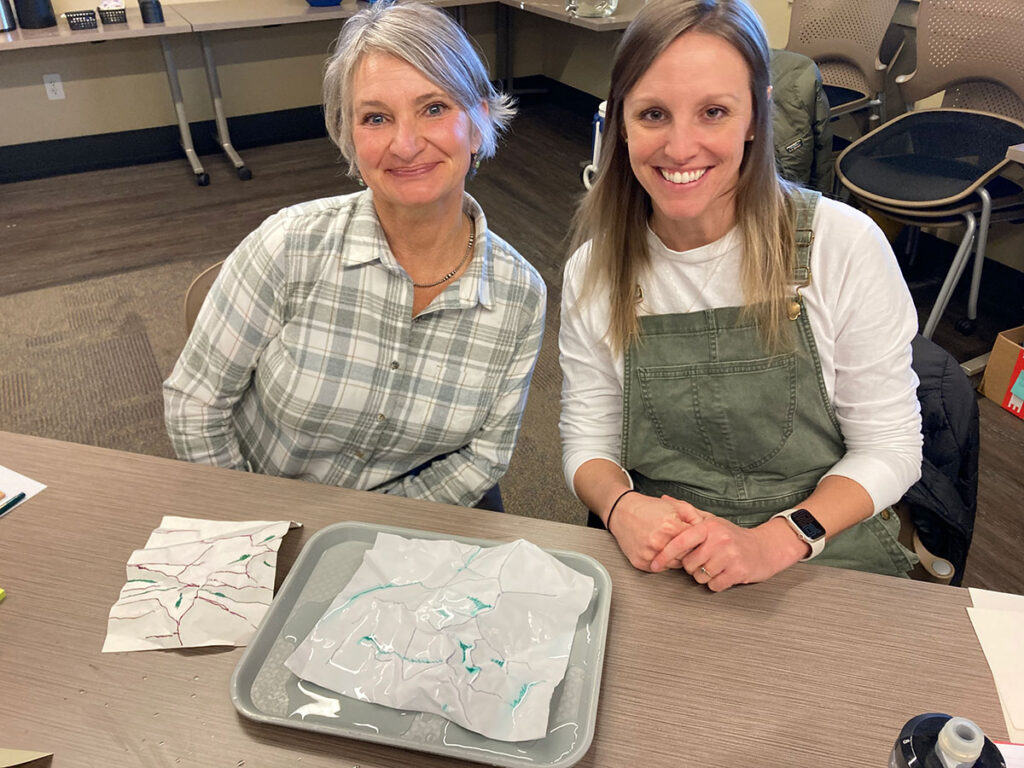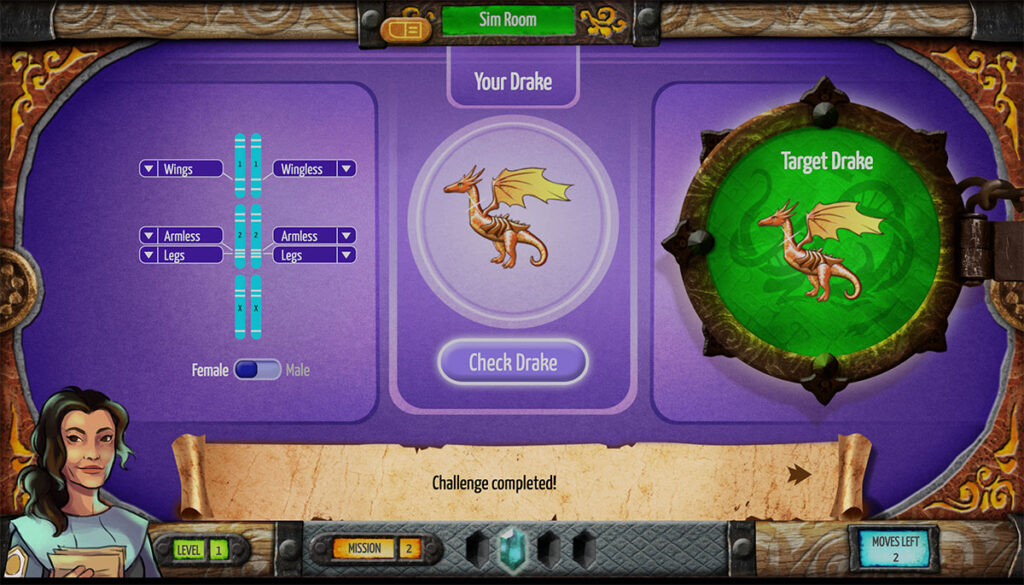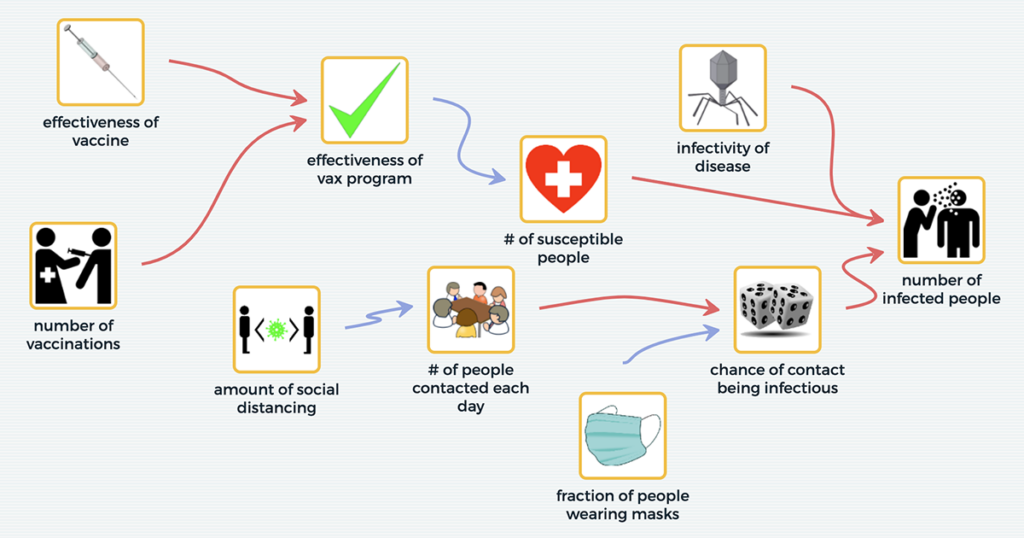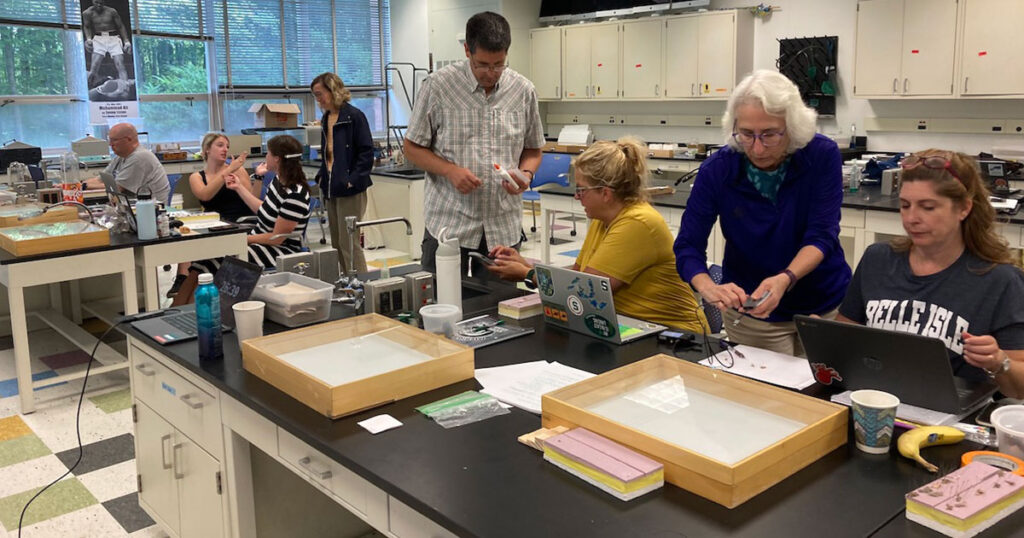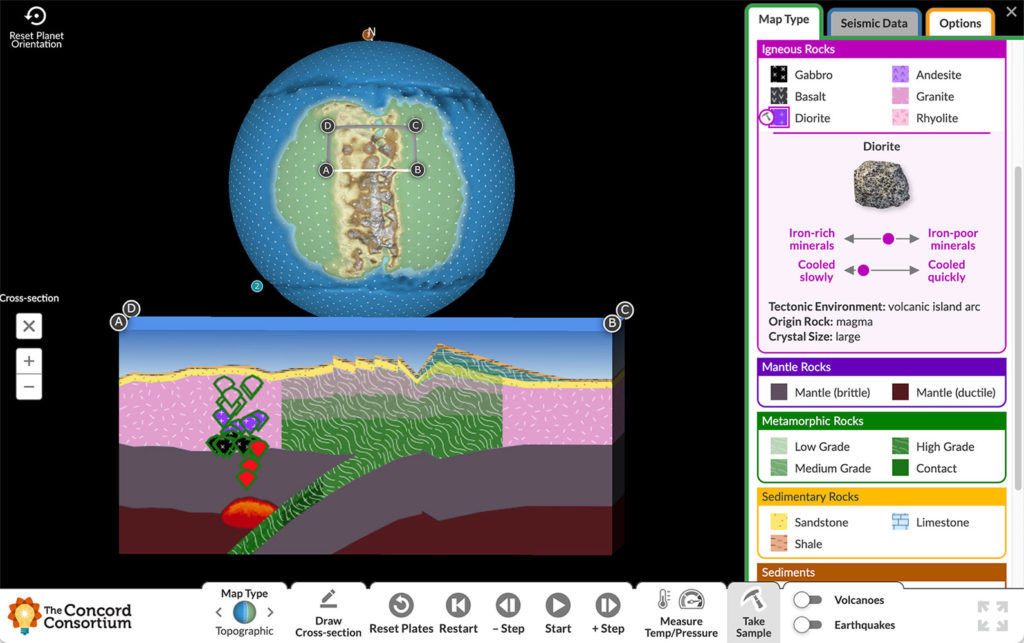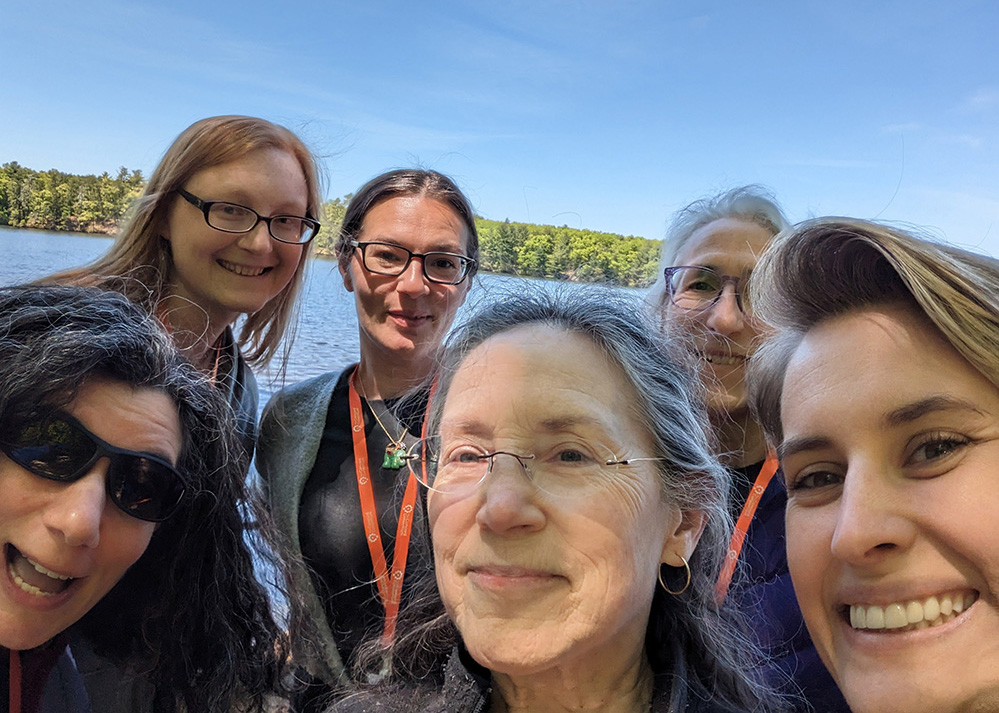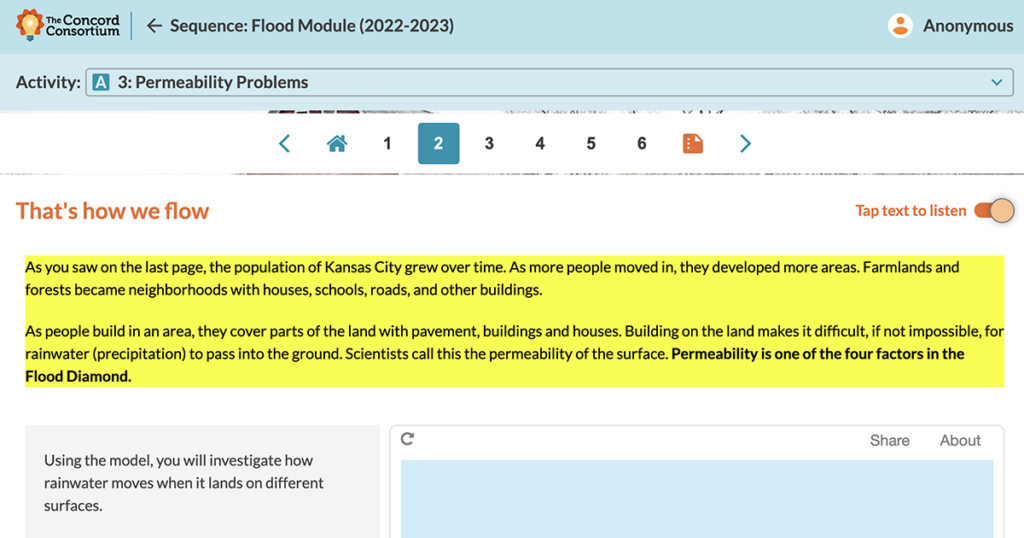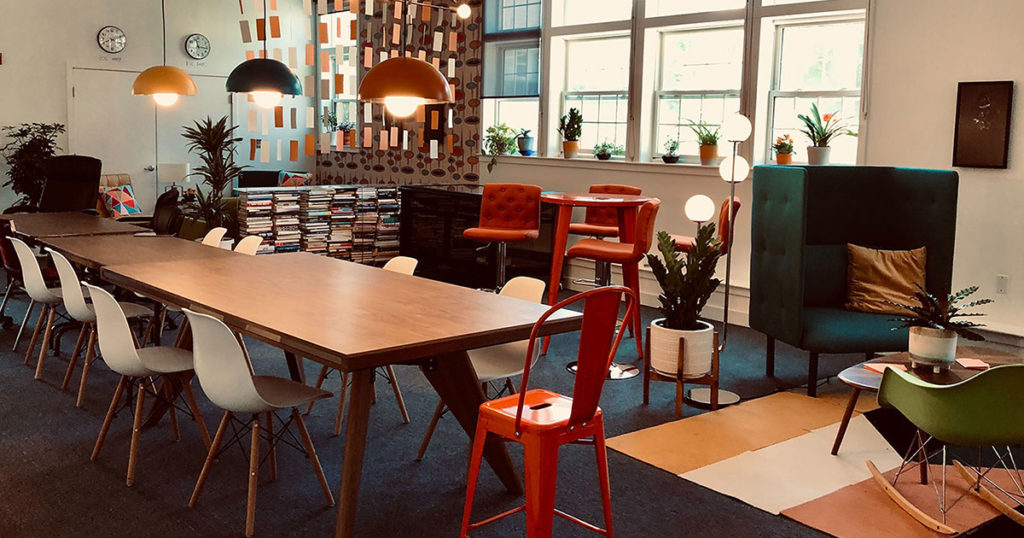Category: Tools for Inquiry
The WATERS (Watershed Awareness using Technology and Environmental Research for Sustainability) project recently ended with a Master Teacher Workshop at our Concord office for selected teachers who participated in the National Science Foundation (NSF)-funded research with excellence and enthusiasm. The goal of the workshop was to exchange best practices for teaching the now freely available, […]
Social media has been exploding with New Year’s resolutions since early fall. If you’d like to get a head start on your own educational resolutions for the next calendar year, we’ve got you covered. Want to help students see Earth science as a lab science? Add more data science activities to your high school classes? […]
From local environmental justice issues to global phenomena such as climate change, complex problems often require systems thinking to address them. Since 2018, the National Science Foundation-funded Multilevel Computational Modeling project, a collaboration between the Concord Consortium and the CREATE for STEM Institute at Michigan State University, has researched how the use of our SageModeler […]
Moths live around the world. Despite their ubiquity, they haven’t been studied nearly as much as their daytime counterparts, not even by entomologists. Butterflies have gotten most of the attention. The MothEd: Authentic Science for Elementary and Middle School Students project is exploring ways to deepen independent science inquiry learning in young learners using technology […]
Ambitious Science Teaching now includes a focus on equity and reaching diverse student populations. One principle of the Critical and Cultural Approaches to Ambitious Science Teaching (C2-AST) framework (Thompson et al., 2021) is to situate learning around phenomena that prioritizes students’ communities and cultures, their local environment, and daily experience. While this can be a […]
While our main offices are located in Concord, Massachusetts, and El Cerrito, California, nine of our 45 employees call other states home. Like many companies, we began working remotely during the pandemic and most of us continue to do so much of the time. But as an organization dedicated to innovating and inspiring equitable, large-scale […]
Teachers have used our interactive online activities for many years with great success. However, the same request has come up time and time again: “Is there any way that students can have the page read out loud?” Until recently, this could only be done with browser plug-ins that were complicated to install on students’ computers […]
At this six-month milestone of our efforts to re-engineer CODAP, I’m excited about the progress we’re making towards modernizing CODAP’s underlying source code. By moving from Sproutcore to more up-to-date web application tools, including Typescript, React, and D3, we’re working to ensure that CODAP will support data science education for many years—and for many more […]
We’re delighted to present the year in review with our top 10 highlights. 1. We Update Our Workspaces Most of our employees now work remotely much of the time. While we love to collaborate over Zoom, in Google Docs, and on GitHub and Pivotal Tracker, we also enjoy getting together in person, especially in our […]
We published a record number of publications in 2022, including 15 journal articles and a book chapter. From articles for educators to implement free resources to research articles to inform the field, we wrote about a wide range of topics, including data science education, artificial intelligence, geoscience education, game-based learning, and more. Most of the […]
